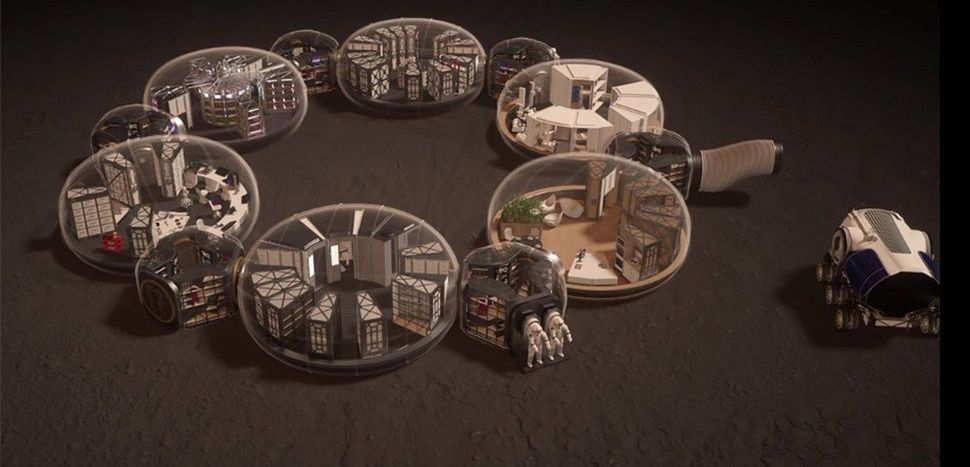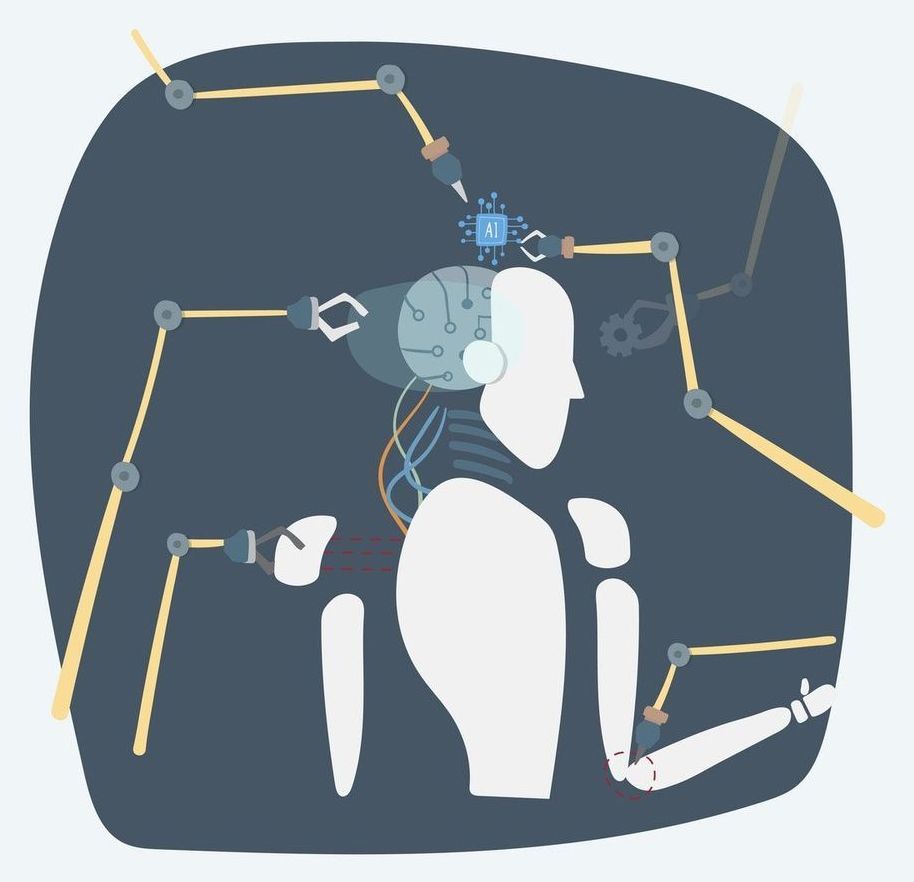I am in shock… Google suddenly as yahoo are allowing conjecture and mendacity be seen as public or scientific opinion. Here is another confused mind who towards the end of her rant quotes Christian scripture as basis to stop Life extension-Transhumanism???
When I say to these minds Behold the leader of Christianity stood for Life abundant-Super Longevity and I can prove such. No matter what lost evangelist or preacher tells you Jesus was a medical researcher of extraordinary magnitude…
NOW BEHOLD THE LOST in this article… https://www.rodofironministries.com/…/transhumanism-and-imm… Respect r.p.berry & AEWR wherein aging now ends we have found the many causes of aging and we have located an expensive cure. We search for partners-investors to now join us in agings end… gerevivify.blogspot.com/
Whether we like it or not, the hybrid age is already here. From genetic manipulation, to AI technology, to nano-technology, robotics, 3D printing, brain mapping, super computing, the list is literally endless. Futurists and Transhumanist philosophers believe that science and technology are limitless, and that humanity’s current cultural traditions and mindset are the mechanisms in place that prohibit human development.
Mankind has experienced formidable technological growth in the past from the early ancestors to the Agrarian Age, the Industrial Age in the 18th century, and the Information Age in the 1970s, from their point of view, we are simply going through another revolutionary leap into what they call, the Hybrid Age.
The Transhumanist Movement, also known as H+ is an intellectual, cultural and political movement that supports technological enhancements in the human body through the use of genetics, robotics, synthetic biology, AI technology among others to modify the physiology, psyche, memory and progeny of a human being and ultimately achieve immortality on earth, (a procedure they believe can be reached within the next decade) whereby human consciousness can be uploaded into a robot, cyborg or possibly, a human clone. The sci-fi novel “Altered Carbon” by Richard K. Morgan captures a cornucopia of technological concepts that are, believe it or not, in experimental stages across the globe, methods such as: human hybridization, CRISPR-technology—Chinese scientists have used CRISPR for gene-editing on 86 human patients; limb regeneration, bionic augmentation, the making of super-soldiers, cloning, Cryonics and the growing interest in information-theoretic death, neuropreservation, suspended animation, molecular nano-technology and so on. Sounds far-fetched right?






